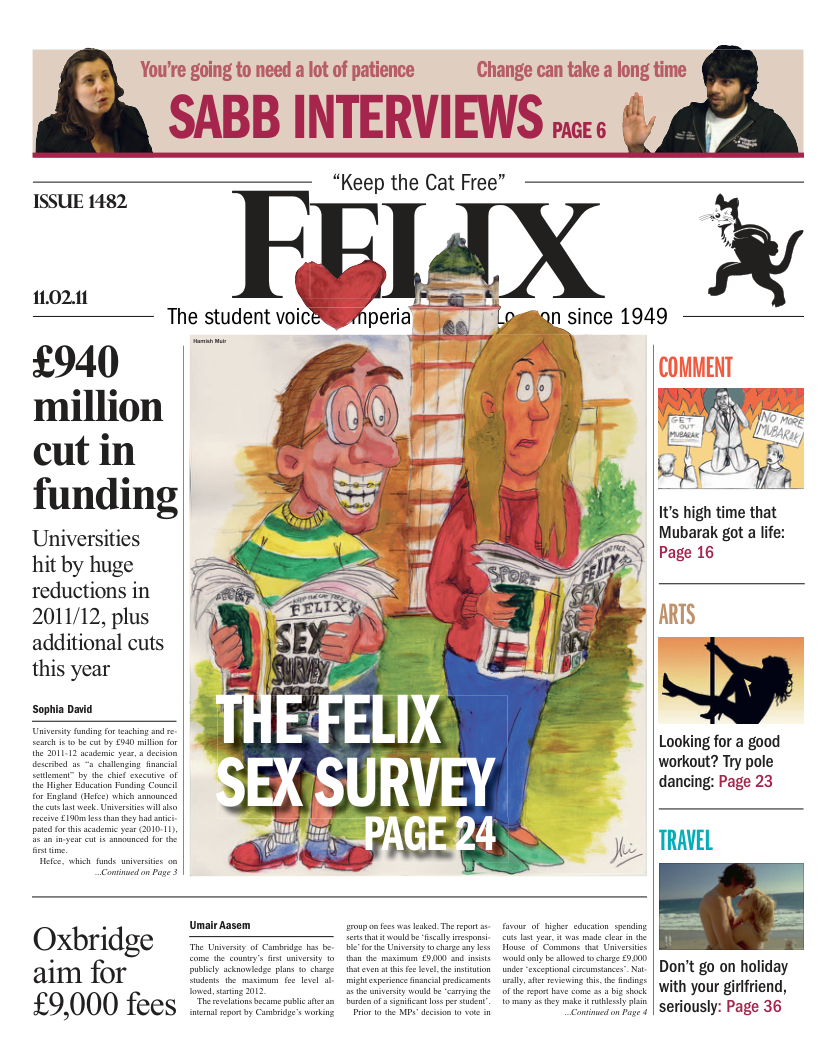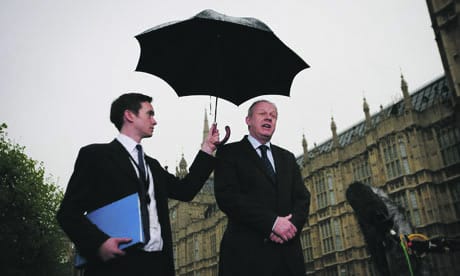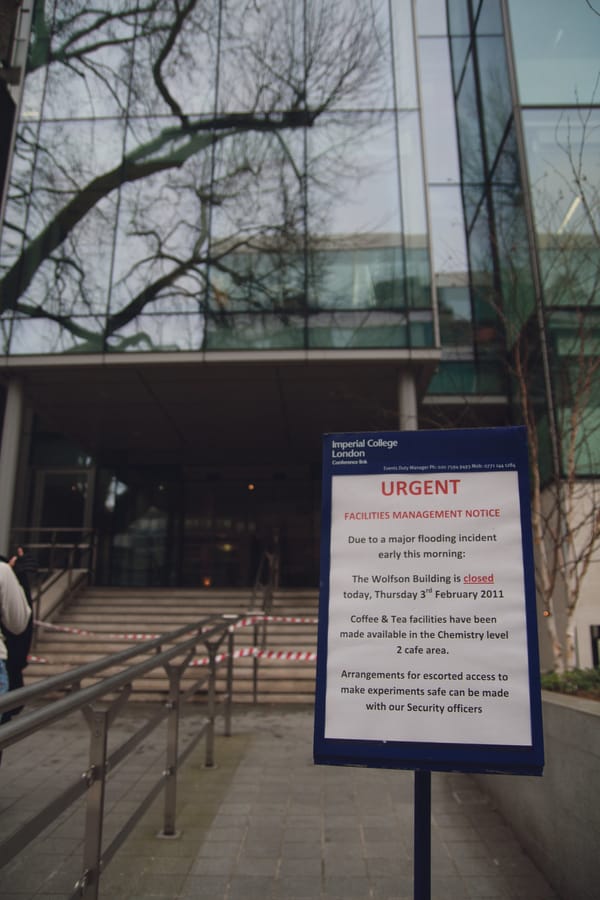PhD funding woes hit Business School
As more issues with PhD funding arise, Union asks students to check their accounts

A group of five PhD students have expressed complaints after they encountered issues with funding from the Imperial College Business School. The students, ranging from second to third years on the Graduate Teaching Assistant (GTA) scholarship scheme complained that they were expected to perform teaching as part of their contract while first years have no such condition in the terms, therefore allowing them to earn more money for doing so.
The GTA scheme, which offers a bursary of £16,000 and has an expectation of six hours of teaching per week, had no official contract until last year. Students were considering whether the hours they worked exceeded the expectation and felt they were working far more than six hours per week performing other teaching duties. The students therefore approached the department which was later convinced to draw up contracts for the PhD GTAs.
The contracts included terms starting October 2010 which detailed the £16,000 bursary with the expected six hours teaching time plus nine hours non-contact time such as marking. The issue arose after the students signed the contract and later realised the one drawn up for first years starting in October 2010 was for a bursary of the same amount but with no expectation of teaching time. This meant that while those who’d signed the contract for second and third years were expected to teach as part of the terms, first years were able to earn extra money by putting in hours which were not expected of them.
The Graduate Teaching Assistant scheme offered by the Imperial College Business School involves postgraduate students undergoing employment on a temporary contract in order to assume teaching related responsibilities. The scheme is a valuable career step for an aspiring academic and responsibilities are split up into contact hours which involve teaching, assisting in tutorials, etc and non-contact hours such as marking coursework or setting questions.
Professor David Begg, Principal of the Business School, has described the Business School’s courses as “taking the best strategies from around the world’’ and “combining them with ground breaking research […] to equip our students with the knowledge and the confidence they need to be key players in the new global economy”. Formerly the Tanaka Business School, it offers management modules in accordance towards some degrees taken by Imperial College students and separate finance, risk management and research courses for postgraduates.
The mismatch in the terms outlined in the new contracts surprised the affected students with what appeared to be unfairness considering both contracts had been drafted and signed at the same time, with different sets of conditions for students on the same scholarship in the same department. A number of postgraduate funding issues have arisen over the current academic year, notably the confusion surrounding student funding in the Department of Electrical and Electronic Engineering, where payment was not given to students who complete additional duties alongside their work. The Department of Aeronautics were also criticised for cutting eleven PhD students’ monthly bursary payments without warning. The Business School declined to comment on the issue. It is understood that the Union are actively encouraging PhD students from all departments to double check their funding.









